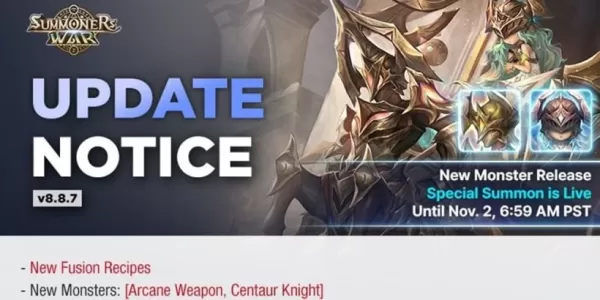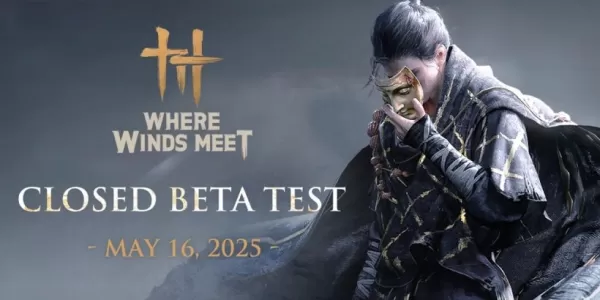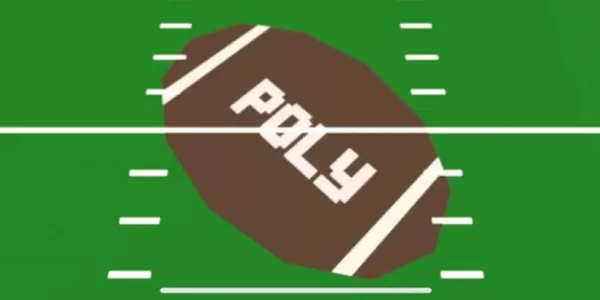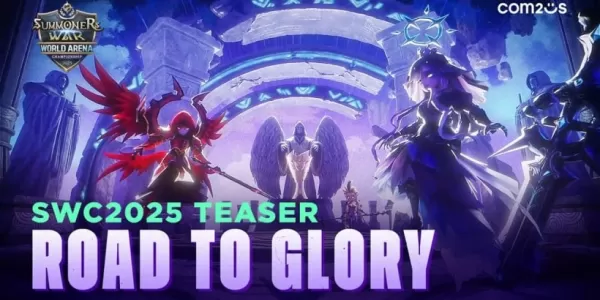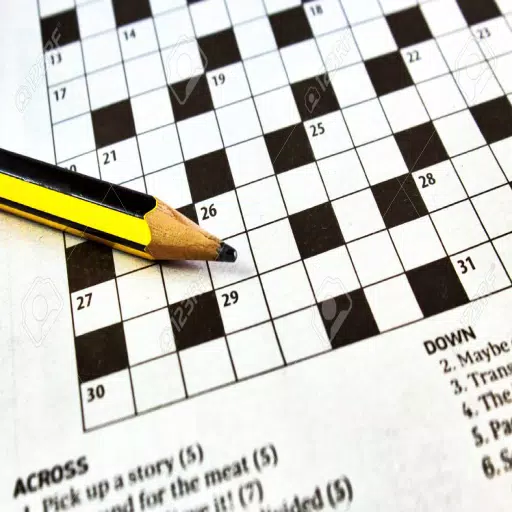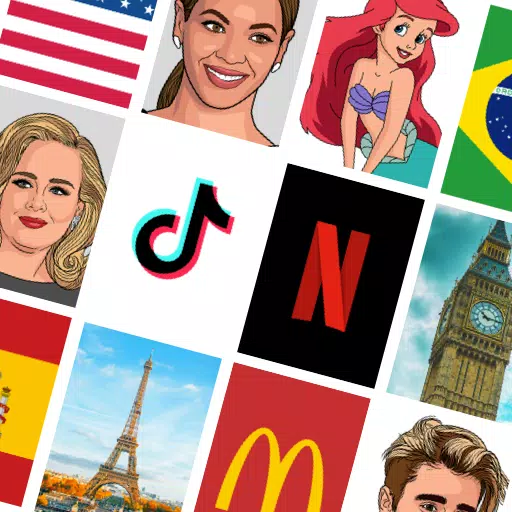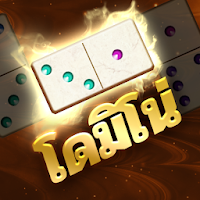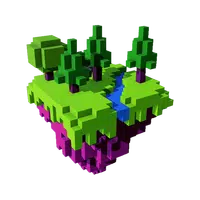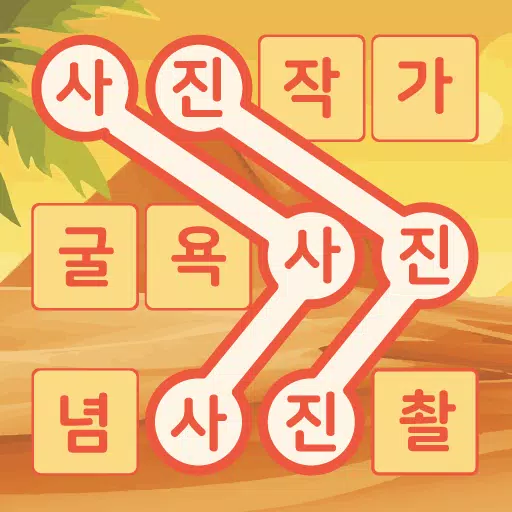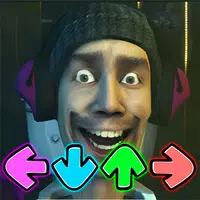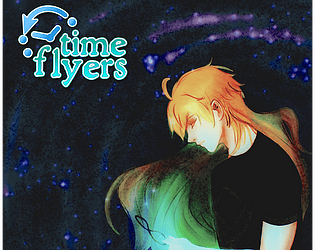The integration of artificial intelligence (AI) in video games has become a hot topic, with notable figures like NieR series director Yoko Taro expressing concerns about its impact on the industry. In a recent interview at Famitsu, translated by Automaton, a group of renowned Japanese game developers, including Yoko Taro, Kotaro Uchikoshi (Zero Escape, AI: The Somnium Files), Kazutaka Kodaka (Danganronpa), and Jiro Ishii (428: Shibuya Scramble), shared their insights on the future of adventure games and the role of AI.
When asked about the future of adventure games, both Yoko Taro and Kotaro Uchikoshi discussed the potential influence of AI. Uchikoshi expressed apprehension about the rapid evolution of AI technology, suggesting that AI-generated adventure games could become mainstream. However, he noted that current AI struggles to produce "outstanding writing" that matches human creativity, emphasizing the importance of maintaining a "human touch" to stay ahead of technological advancements.
Yoko Taro echoed these concerns, stating, "I, too, believe that game creators may lose their jobs because of AI. There’s a chance that in 50 years, game creators will be treated like bards." This statement highlights his fear that AI could eventually replace human game creators, relegating them to a more traditional, less central role in the industry.
The discussion also touched on whether AI could replicate the intricate worlds and narratives of their games, including the unexpected twists and turns. Yoko Taro and Jiro Ishii agreed that AI could potentially imitate their works. However, Kazutaka Kodaka argued that while AI might mimic their styles, it wouldn't be able to embody the essence of a creator. He drew a comparison to David Lynch, noting that while others could write in Lynch's style, Lynch himself could evolve his style while maintaining its authenticity.
Yoko Taro suggested using AI to generate new scenarios, such as alternative routes in adventure games. However, Kodaka pointed out that this personalization could diminish the shared experience that games often provide.
The conversation around AI in gaming extends beyond this group of developers. Companies like Capcom and Activision have been experimenting with AI, while Nintendo president Shuntaro Furukawa has acknowledged the creative potential of generative AI, though he also highlighted concerns about intellectual property rights. Both Microsoft and PlayStation have also contributed to the ongoing dialogue about AI's role in the gaming industry.
As AI continues to evolve, the gaming community remains divided on its potential benefits and drawbacks, with many industry leaders advocating for a balance that preserves the human element in game creation.

